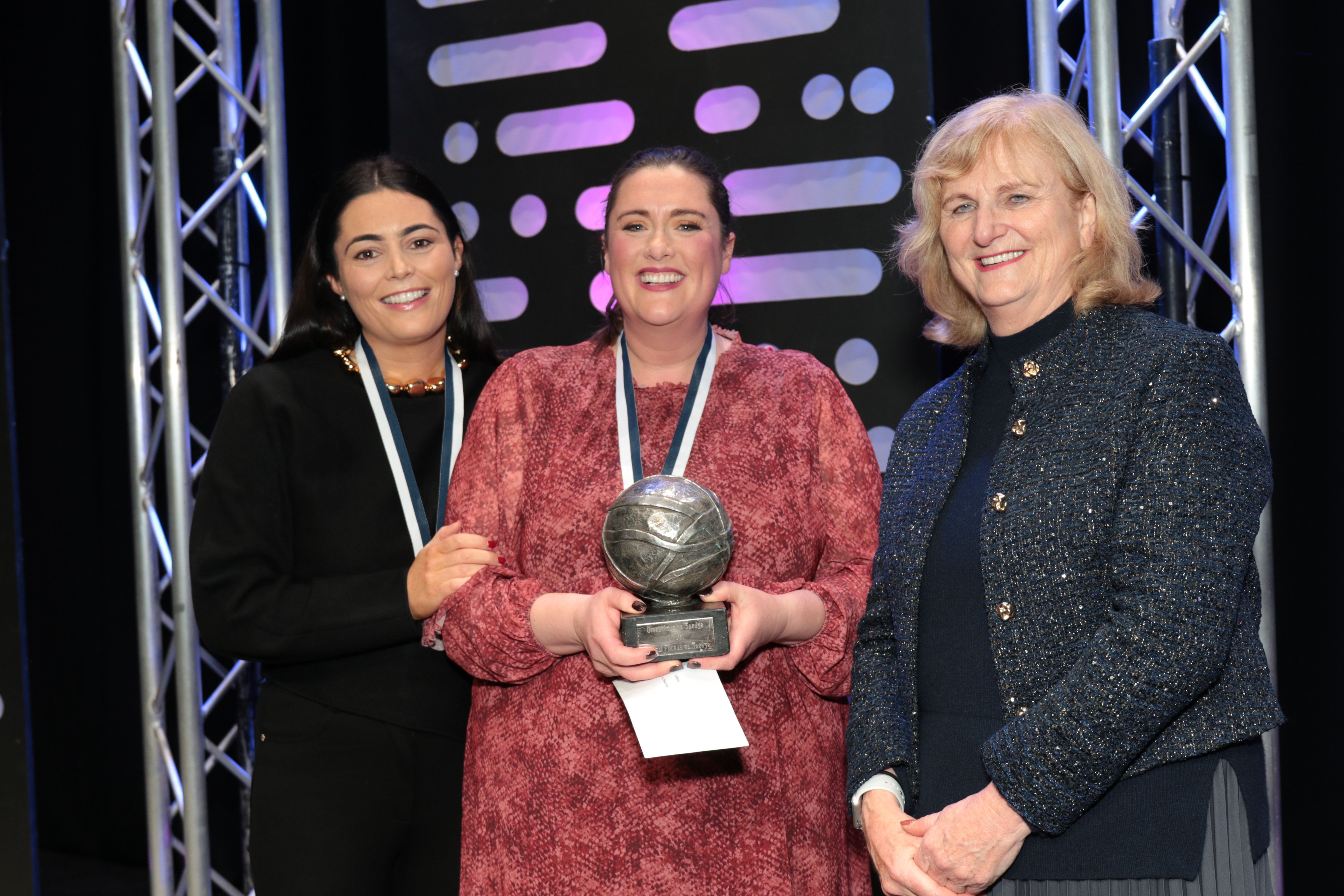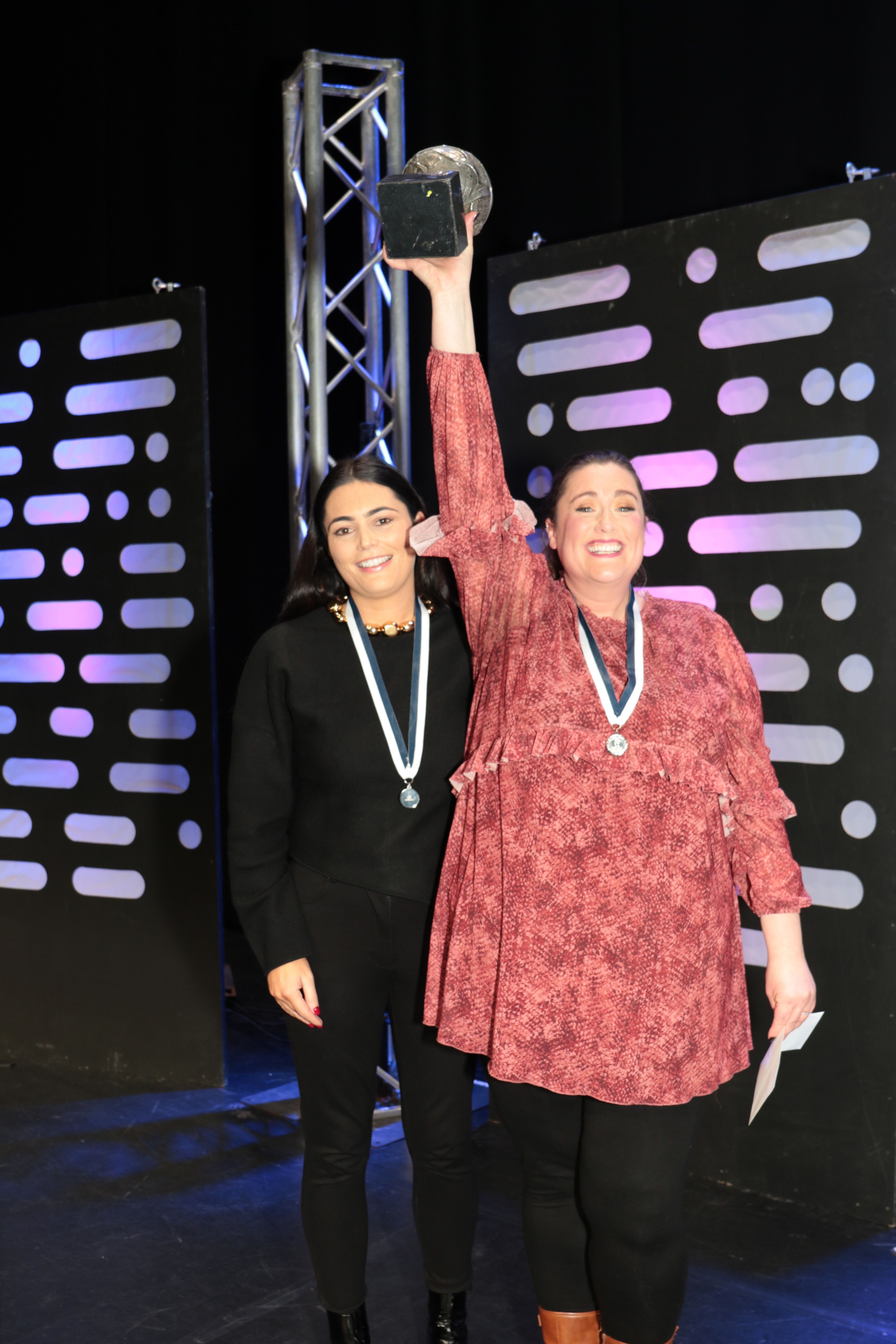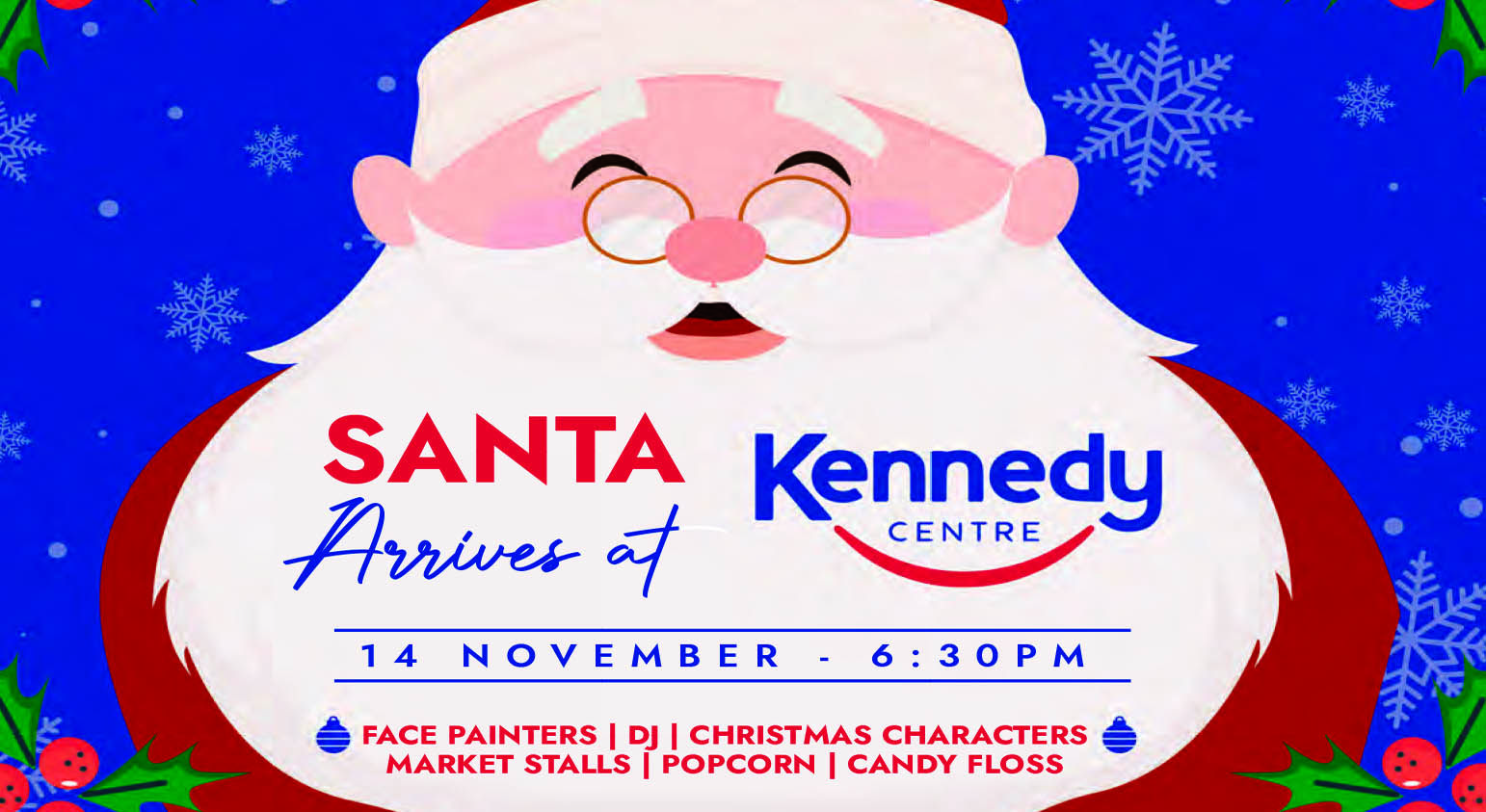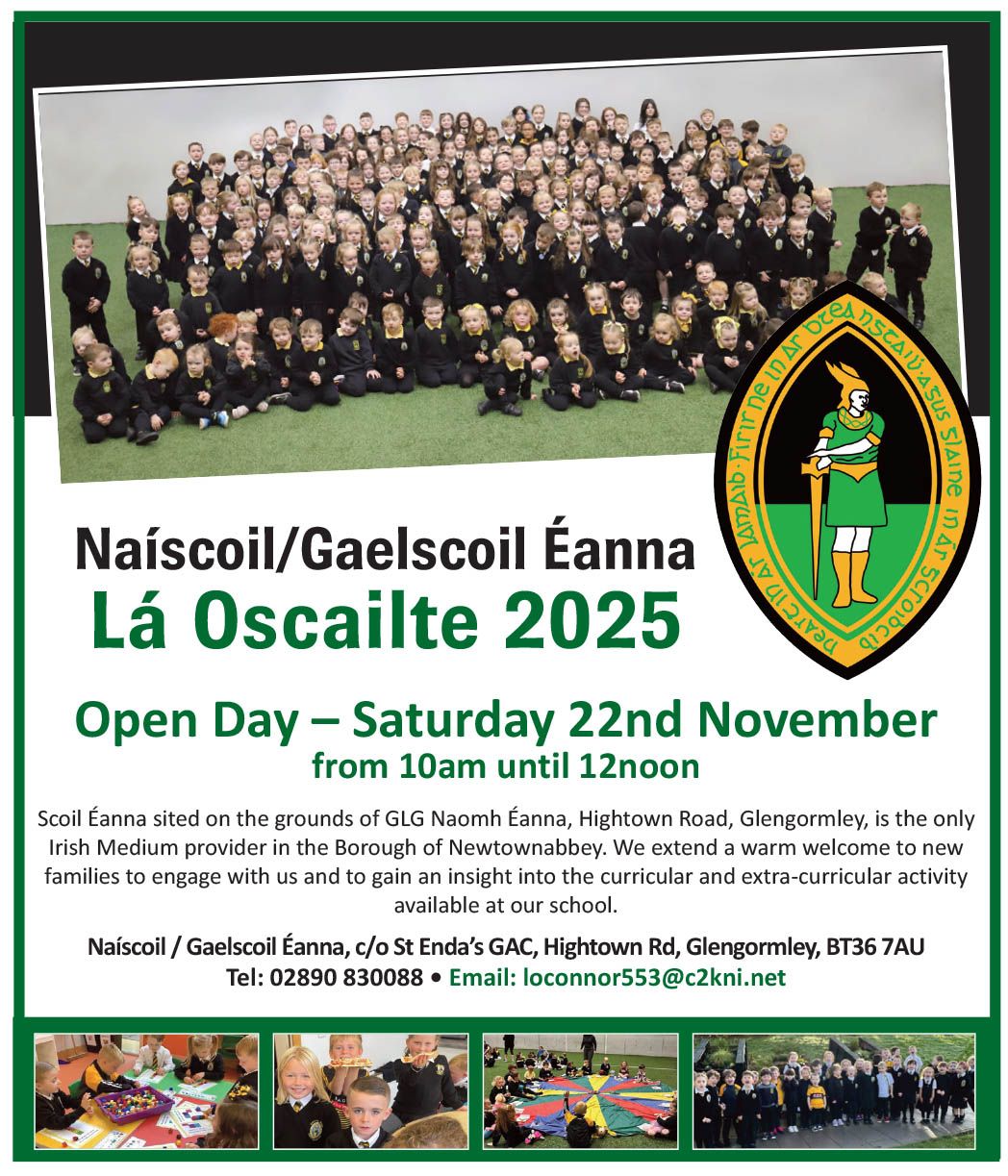WINNING a competition at Oireachtas na Samhna is a special and rare achievement – and it has left Caoimhe Ní Chathail in a state of shock.
When Caoimhe and Róise Nic Corraidh won the top prize in Comórtas na Lúibíní on Friday, the cheers nearly lifted the roof off the studio in the Waterfront Hall.
Lúibíní are songs to a traditional air in humorous, lyrical verses, which are performed on stage.
“I really can’t believe it, even now days later I’m still in shock,” said Caoimhe.
An estimated 14,000 people took part in Oireachtas na Samhna last weekend, which returned to Belfast after 28 years.
Most of the 68 competitions were held in the ICC in the Waterfront Hall and were streamed by TG4 – including the marathon ‘Steip’ sean-nós dancing competition which was broadcast live for four hours on Saturday.
Caoimhe – famous for being the voice of the Glider – says the lúibíní competition is fiercely fought for by people from the various Gaeltachtaí, so it was some achievement that Belfast pipped them.
“It’s incredible that two women from West Belfast could win a main Oireachtas competition,” she beamed.
“The Oireachtas is the highest honour that you can get for Irish language performing arts, whether that’s lúibíní or story-telling or singing, it’s the highest accolade you can achieve.
“And you’re being judged by the creme de la creme of the Irish language arts community and they are looking at your performance, your clever use of the Irish language, how you can weave your words and use all the linguistic tools to make it as impactful as it can be.
“Of course, we would never have been in a position to take part if it wasn’t for the years of work by the Shaws Road families, Albert Fry, Cumann Chluain Árd and our own families – they were the people who inspired us and made these types of achievements possible.
“I think this prize is a testament to those heroes and indeed to the people of Belfast who did so much to make Oireachtas na Samhna 2025 such a success.”
Broadcaster Caoimhe and Principal Róise had entered the Oireachtas in 2023 and really enjoyed the experience.
“We were entering singing competitions for years but this is the first time either of us has won,” Caoimhe said.
“It’s even better that we won it together because we’re best friends – she’s godmother to my Lonán and I’m godmother to her Nansaí!
“This year we just wanted to participate again, we thought it was important that there was a strong representation from the six counties but especially from Belfast, because we were hosting the Oireachtas for the first time since 1997.
“It’s even an achievement to get to the Oireachtas. And then you have to go on to the stage in front of the cameras and a big crowd watching and the judges and everything.
“I think everyone who took on the challenge of entering – whether it was a poem or a song or a dance or a sketch – should be commended. The competitions are the the heart of the Oireachtas, that’s why it’s there, although there are lots of events around it.”
Caoimhe and Róise claimed their spot at the Oireachtas after winning Comórtas na Lúibíní at Sean-Nós na Fearsaide festival in February in Cumann Cultúrtha Mhic Reachtain in North Belfast.
But the rules meant they couldn’t use the winning song again so they had to write a new one. And that’s when they landed on their hilarious take on how the famous Oireachtas festival – which dates from 1897 – is today as much about botox and nip-and-tuck as it is about sean-nós singing.
“We had no theme until a month ago when we were talking to people who were preparing for the all the competitions and they were talking about getting their botox and all sorts of other procedures. We were laughing – that’s the Oireachtas in 2025 – and we thought it would make a good contemporary act. And so we started work on it.”
While Róise is a native speaker and part of the famous Mac Corraidh music family, Caoimhe started her language journey aged 11 at Aquinas school – coincidentally in 1997, when the last Oireachtas was held in Belfast.
Róise and Caoimhe celebrate their success
Caoimhe said: “It was a journey from not having any Irish to winning one of the main competitions in the language. It’s a dream and I still can’t believe it.
“Sometimes people think that Gaeilgeoirí who learned the language are not as good as those from the Gaeltacht, but on the other hand we fought for the language, and in that way it’s a more precious thing when you had to learn it.”
She says that language champions like the late broadcaster Rónán Mac Aodha Bhuí had great admiration for the Belfast Irish language community.
“For Rónán, there was never a distinction between Irish speakers in the cities and in the Gaeltachtaí – learners even. If you had Irish, you are a Gael, sin é.”
Caoimhe said it was great that the Oireachtas was held in some of the biggest venues Belfast has to offer – the ICC at the Waterfront, the Ulster Hall, City Hall, the Cultúrlann and the Europa Hotel.
“That’s what made it so special – the way it took ownership of the city and the impact it had on the city. We have a lot to be proud of, what we put on was great.”
Caoimhe and Róise won medals, €500 and the famous Trófaí Fhoras na Gaeilge. But with Caoimhe living in Belfast and Róise now in Rann na Feirste in the Donegal Gaeltacht, who’s going to get the trophy?
“It’s handy that we actually now have two trophies – one from the Oireachtas which will travel to Donegal and I’ll keep the Sean-Nós na Fearsaide trophy in Lenadoon,” said Caoimhe.
Other Belfast competitors who won prizes were Cian Meleady in tin whistle, Saoirse and Síomha Mawdsley in Ceol Beirte, as well as Joshua Ó Donnchú and Paige Ní Dhonnchú in the same competition; Gaelscoil Éanna and Coláiste Feirste in the choir competition; Séamus Ó Donnghaile of Cumann Chluain Árd, who won the storytelling competition; and Éabha Ní Mhonacháin and Dónall Mac Muchaidh in Sean-Nós singing. Róise’s son Ultán came second in the aithriseoiracht (reciting) competition, while Caoimhe’s daughter Séimhín followed in her mother’s footsteps by taking part in her first singing competition for under-sixes.



